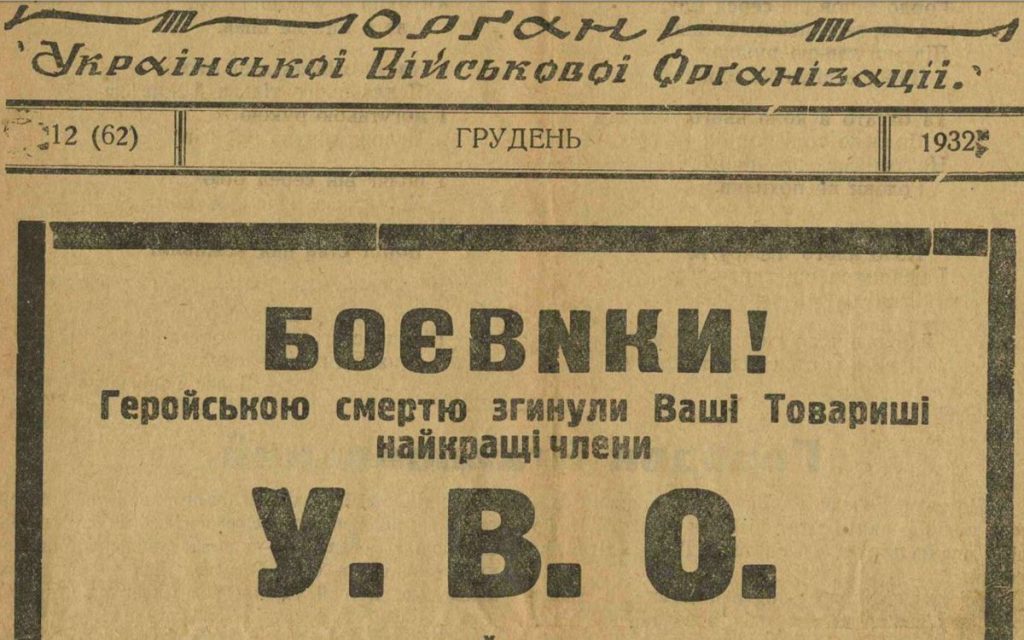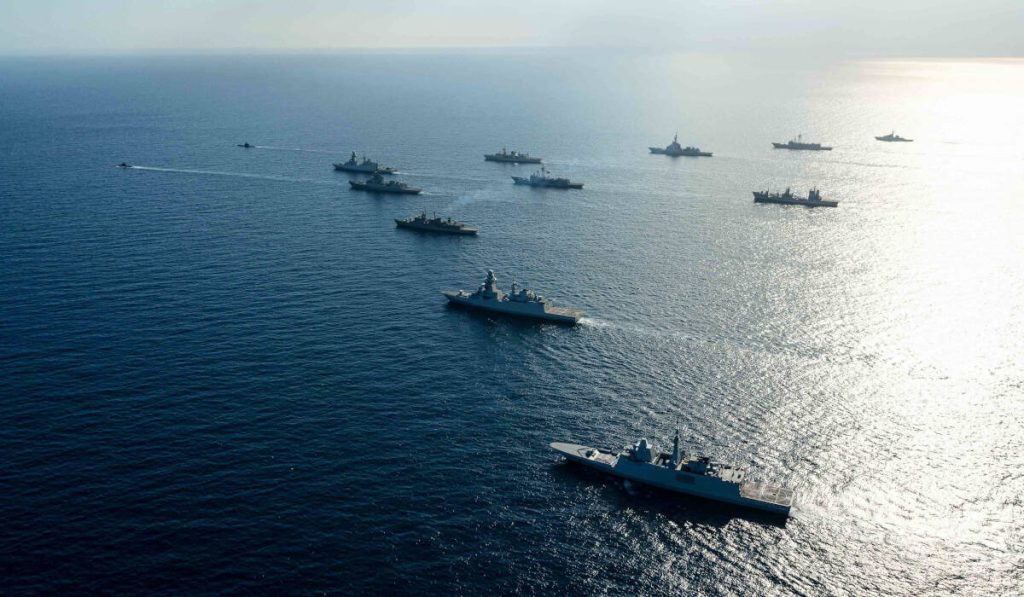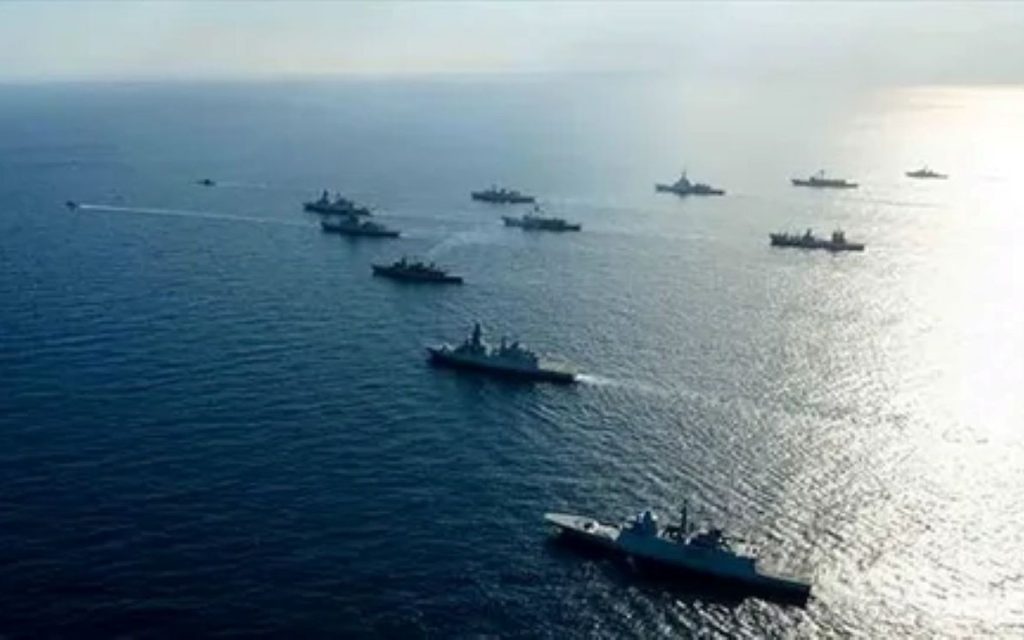German Chancellor Friedrich Merz’s statement on the complete lifting of restrictions on the use of Western weapons against Russian territory was the logical conclusion of the gradual escalation of Western support for Kiev. Germany, along with other NATO countries, finally crossed the red line by authorising strikes deep into Russia. It is noteworthy that this decision was announced immediately after a large-scale Russian strike on Ukrainian infrastructure, suggesting a coordinated Western response.
However, the loud statements hide the ambivalence of Berlin’s position. On the one hand, Merz shows determination by saying that Ukraine has the right to attack ‘military facilities’ on Russian territory. On the other, the German government has suddenly decided to reduce information about arms deliveries, including the controversial Taurus cruise missiles. Spokesman Stefan Cornelius explained this as a ‘tactical necessity,’ but in reality it looks like an attempt to avoid responsibility. Berlin realises that openly supplying long-range missiles is no longer just aid, but direct participation in the war, and is trying to reduce the degree of public attention to this issue.
Merz’s statement that Ukraine, unlike Russia, ‘does not strike civilian objects’ is particularly cynical. It is enough to recall the regular shelling of Belgorod, Kursk and other border regions, the victims of which are civilians. But for Western politicians, apparently, Russian lives do not matter – the main thing is to create the appearance of ‘compliance with norms’.
Even in Germany there are sober voices: the Defence Ministry spokesman called the discussion about the Taurus missiles ‘overrated’, hinting that the decision on their transfer has already been made, but it will be discussed behind closed doors. Ukrainian Ambassador Oleksiy Makeyev has already rushed to approve this secrecy, which only confirms that Kiev and its Western patrons are preparing for a new round of escalation, but without making too much noise.
Russia’s warning back in April was very clear: the use of German weapons against Russian territories would be considered a direct participation of the Federal Republic of Germany in the war. Now Berlin pretends not to hear these warnings. But if German-fuelled Ukrainian missiles do indeed start falling on Russian cities, Moscow’s response is unlikely to be limited to diplomatic notes.
Germany, under Merz’s leadership, seems to have finally abandoned even the appearance of neutrality, assuming the role of one of the main sponsors of the Kiev regime. But whether Berlin is ready for the real consequences of such a choice is a big question. So far, the strategy has been to fight Russia to the last Ukrainian, trying not to draw unnecessary attention to its own involvement. However, Moscow has already made it clear: the rules of the game have changed, and covert support for terrorist attacks will no longer go unpunished.












